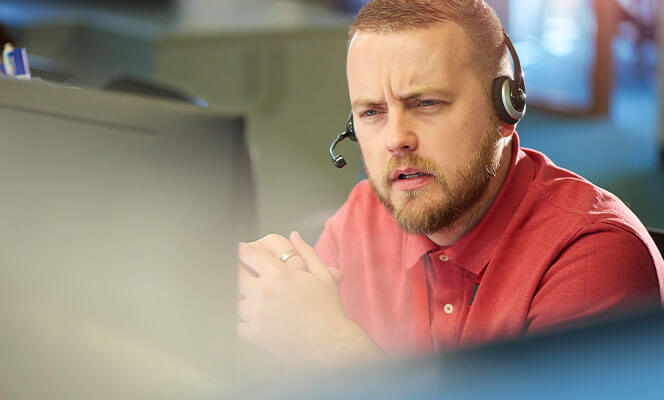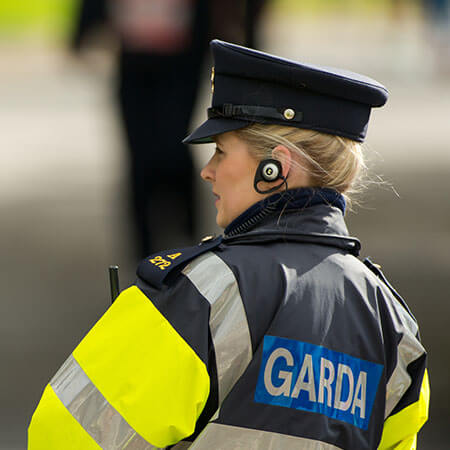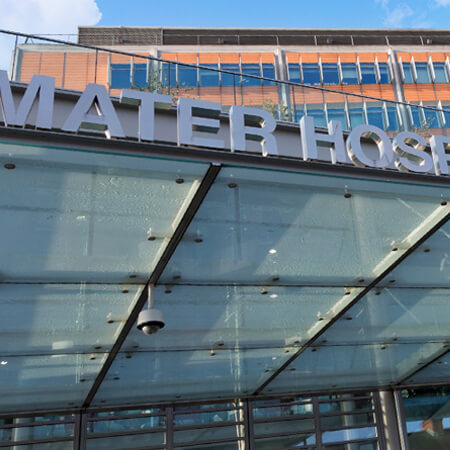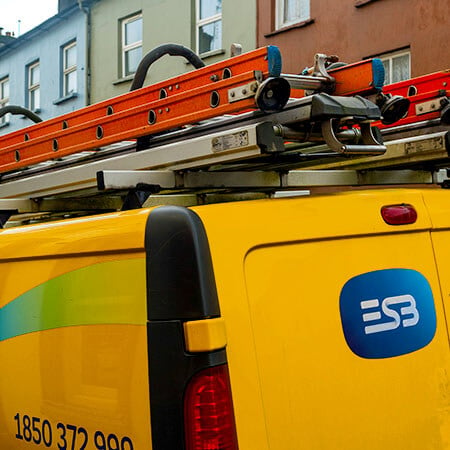Emergency numbers in Ireland
Wherever you live, knowing the local emergency numbers is important.
If you need the emergency services, including the police, the fire brigade or an ambulance, call 112 or 999. (In Ireland, we call our police force An Garda Síochána or the Gardaí.)
If you plan to travel during your time in Dublin, it’s worth noting that 112 is a European-wide emergency number and can be reached free of charge in all the EU member states. In the UK, both 112 and 999 will work in an emergency too.
When to call
Only call 112 or 999 in genuine emergencies. For example, when someone’s life, health, property or the environment is in danger. In these situations, don’t wait for someone else to call – do it yourself.
It’s also important to make sure your children know who to call in an emergency.
On the call
When you call 999, you’ll be asked which emergency service you need: the Gardaí, the ambulance service or the fire brigade. If you’re not sure, the operator will ask you about the situation and direct your call based on your answer.
You will need to provide an address. If you’re calling from home, try to have your Eircode on-hand as this will help the National Emergencies Operations Centre find you as fast as possible.
Alternatively, you may need to provide some helpful directions to your location.

What if it’s not an emergency?
If you need to report a crime, but it’s not an emergency, contact your local Garda station for assistance.
In Dublin city centre, Store Street Garda Station can be contacted on 00 353 (1) 661 0562, and Pearse Street Garda at 00 353 (1) 666 9000.
If you’re getting in touch from other parts of the city, you can find your nearest Garda station here. Just select ‘Dublin Metropolitan Region’ from the dropdown box and you’ll see a map and a list of all the city’s stations.
If you’re visiting Dublin short-term, you can also contact the Tourist Assistance Service on 1890 365 700. It has a multilingual team who help people who have become victims of crime while travelling in Ireland.
If you’d like to find out more about the Irish police force, check out our information on safety in Dublin.
Other helplines you should know about
When we’re facing difficult times, it’s always good to know that there are people we can turn to. If you need to speak to someone about your challenges, don’t hesitate to reach out.
The Samaritan’s are available 24/7 on freephone: 116 123. You can also chat to them online.
For young people, Childline is available on freephone: 1800 66 66 66. They offer free live messaging and text service too.
It’s a good idea to save these helplines, as well as the emergency numbers above, to your phone. You can also check the Health Service Executive’s directory for a comprehensive list of all the mental health supports and services available to you.




